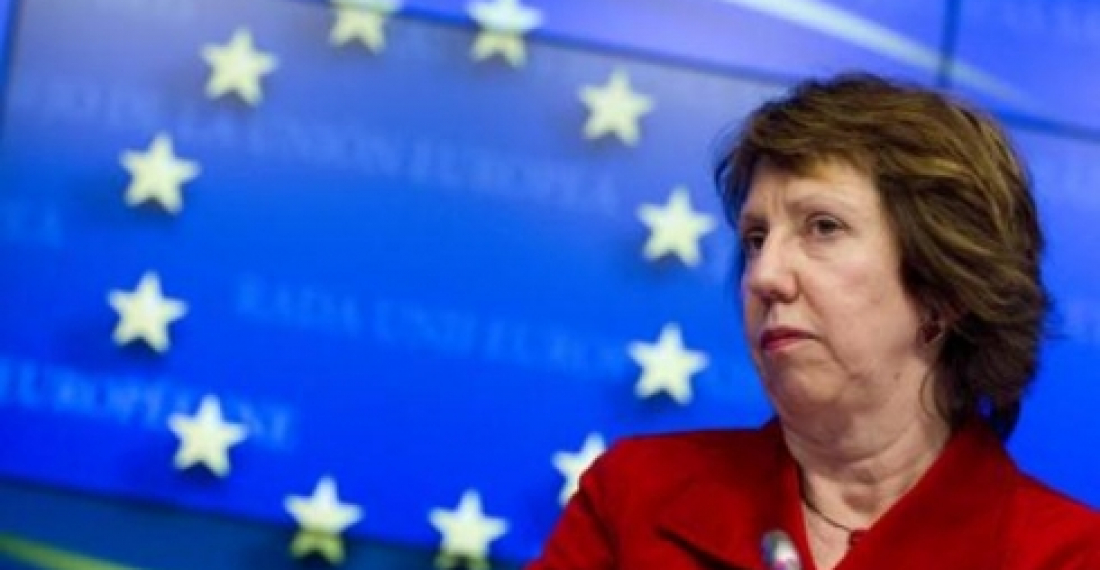People living in Nagorno-Karabakh will today go to the polls to elect a new President for the territory. The total number of eligible voters is 98,909. The authorities of the self declared Nagorno-Karabaklh Republic have put efforts in trying to project the elections as an exercise in democracy but the poll is disputed by Azerbaijan and by the international community. Azerbaijanis from Nagorno-Karabakh displaced by the conflict cannot participate in the poll and the authorities in Stepanakert are not recognised internationally. Armenian media say that eighty international observers will monitor the elections, but these do not represent any of the major international organisations and Azerbaijan has said that it will put anyone visiting Nagorno-Karabakh without its permission on a black list.
The High Representative of the European Union for Foreign Affairs and Security Policy and Vice- President of the Commission Catherine Ashton issued a statement ahead of today's elections. The Statement says
"On 19 July, 'presidential elections' will take place in Nagorno-Karabakh. I would like to reiterate that the European Union does not recognise the constitutional and legal framework in which they will be held.
These 'elections' should not prejudice the determination of the future status of Nagorno-Karabakh in the negotiated general framework of the peaceful settlement of the conflict. I recall the EU's firm support to the OSCE Minsk Group, and in particular to the sustained efforts of its Co-chairs, aimed at a peaceful resolution of the conflict.
I call on the parties to step up their efforts to find a negotiated solution to the conflict on the basis of the Madrid principles, which would allow progress beyond the status quo. I reiterate the EU's readiness to provide further support to efforts in this direction."
source: commonspace.eu







